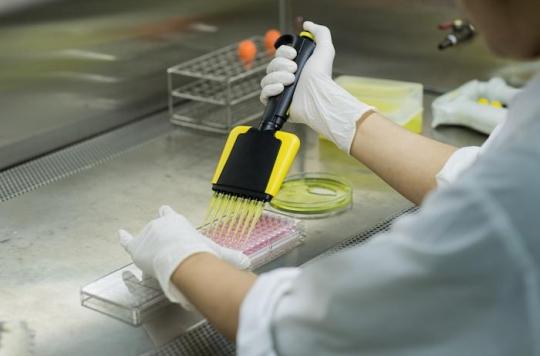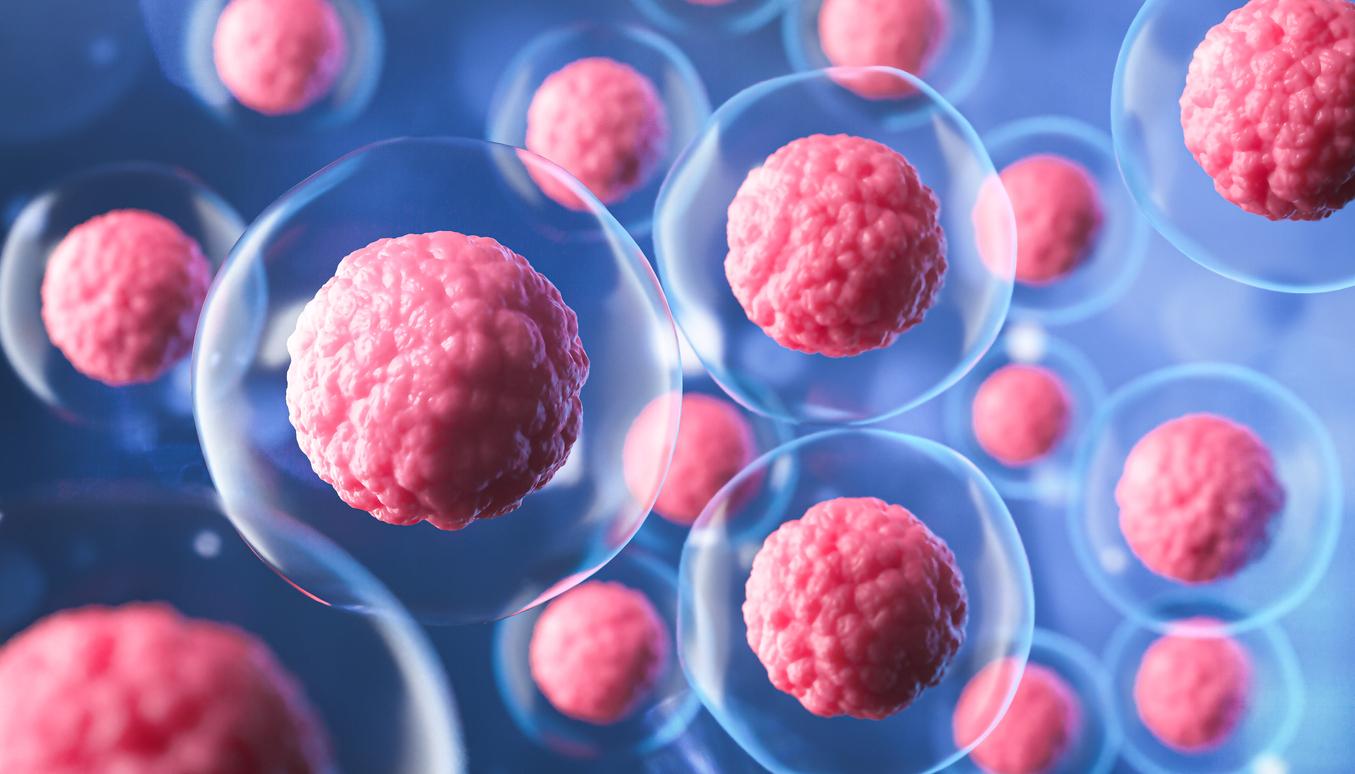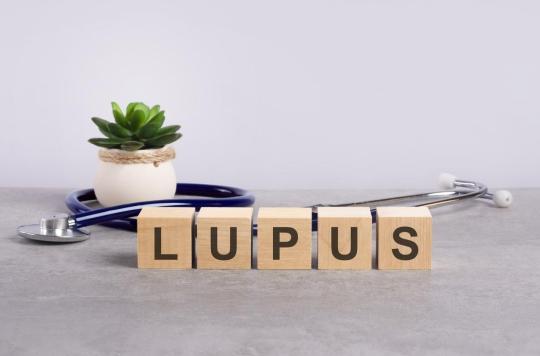Injection of stem cells provides benefits to 60% of patients with faecal incontinence.

It is a disorder that we avoid evoking. Less widespread than urinary incontinence, faecal or anal incontinence nevertheless affects a million French people. And despite the consequences on quality of life and daily life, many patients are slow to consult. Besides feeling ashamed, patients feel that there is no effective solution. But the treatment developed by a team from the University and the University Hospital of Rouen, and presented in Annals of Surgery, could be a game-changer.
Anal incontinence is related to the alteration of the sphincter muscles that surround the anus. This damage can appear after childbirth – between 10 and 15% of women are affected -, surgery or neurological damage. Aging and hormonal changes in women are also factors.
To alleviate the symptoms, it is therefore necessary to repair these muscles and restore their capacity to contract.
Effective therapy in rats
To achieve this, French researchers from Inserm led by Olivier Boyer have devised a cell therapy consisting of using muscle stem cells, also called myoblasts. Their first tests in rats were very promising. After the injection, the stem cells became muscle fibers. The guinea pigs then recovered a sphincter function.
Based on these results, they tested their treatment in 24 patients in a phase 2, randomized, double-blind trial. Half of the volunteers therefore received an injection of myoblasts and the other half a placebo. Neither the participants nor the doctors knew what was in the syringes.
Beforehand, a muscle fragment was taken from the patient’s thigh. The stem cells were then cultured in the laboratory to obtain an insufficient number. For each of the participants, the preparations were frozen.
60% of respondents
One year after the injection, the treatment worked in 7 out of 12 people (58%) while only one patient in the placebo group saw her incontinence improve. “Faced with these good results, the patients in the placebo group who so desired were able to benefit from the injection of their muscle cells which had been cryopreserved. Their follow-up showed a response rate as satisfactory as that of the 1st group, ”says Inserm.
For the authors, this work shows that this innovative therapy is effective for treating patients with anal incontinence. It also appears safe and well tolerated. Although their clinical trial is continuing, they believe that it could find its place in the therapeutic arsenal in the same way as the stimulation of the sacred roots or the implantation of an artificial sphincter.
.

















